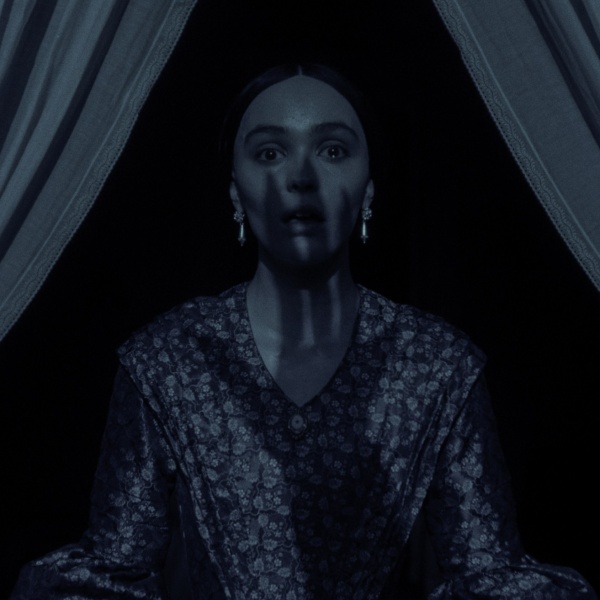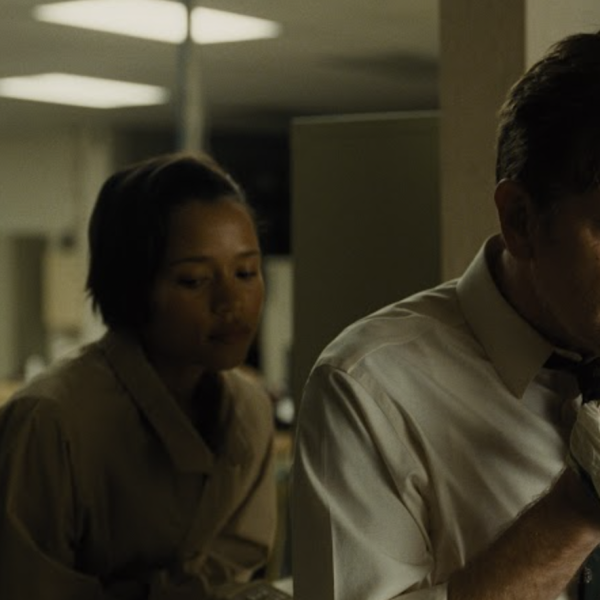It takes awhile before we get to not just the heart of documentarian and cinematographer Julie Lunde Lillesæter’s feature directorial debut “An Army of Women,” but the actual plot of it. The filmmaker spends precious early minutes introducing us to subjects (both named and unnamed), reams of legal papers, and the lingering sense we’re about to watch something wrenching unfold. But that seeming disorganization and unwieldiness might be the point of this entire exercise because what Lillesæter is about to spin over the course of a surprisingly economical 84 minutes is a story about disorganization, unwieldiness, and misdirection — and what happens when we don’t simply give in to such confusion.
When Lillesæter does get to the story at hand, it’s gobsmacking. “An Army of Women” chronicles the protracted progress (and many, many setbacks) made by a 2018 class action lawsuit that accused the city of Austin, Travis County, the Austin Police Department, and the Travis County’s District Attorney’s Office of “widespread failure” to investigate and prosecute sexual crimes perpetrated against women. The suit was not the first of its kind, and it followed in the path of a number of other suits against governmental bodies and police departments — none of which had ever been won.
Lillesæter introduces us to a variety of subjects, from Plaintiff #1 (aka “Amy Smith,” who was raped in 2008 and isn’t eager to use her actual name for yet another legal entanglement, at least at first) to other survivors like the tough-talking Marina and the cautious Hanna. There are also lawyers like Jenny Ecklund and her partner (both professional and personal) Elizabeth Myers, who steadfastly hang on to their work, despite seemingly endless disappointments.
Lillesæter, a Norwegian filmmaker who lived in Austin during the early days of the suit, does her level best to present the people we need to know and the stakes we need to understand, but with so many different stories at play — with so many horrible crimes committed against these women to unpack — the effect can often feel muddled. How do you juggle so many tragedies in one package? How do you examine the different ways the system let each of these women down? How do you name and shame all of the various people who contributed to this miscarriage of justice?
In short, you don’t, at least not within the confines of a single documentary. As Lillesæter jumps and skips between time periods and subjects, flits between types of footage (new interviews, subject-generated videos, old news footage, and much more), and attempts to hang it together with gobsmacking stats and graphics packages, you’ll likely start to feel like some of the film‘s subjects: that this will never end well, that this may never actually end.
The lawsuit is dismissed and resurrected repeatedly. Bad guys (like the city of Austin’s former DA Margaret Moore, who emerges as the film’s most direct villain) are tossed out. Good guys reveal themselves. The survivors weather it all. The lawyers keep filing. Lillesæter ticks up the days, thanks to a nifty (read: also totally wrenching) “days since the lawsuit was filed” clock she deploys at opportune times. Everyone is given the chance to back out. No one does.
All these choices — all these things that actually happened — are both wearying and inspiring. Some things feel as if they will never change. Other things do. And while the frustration and confusion that comes with watching “An Army of Women” may often feel burdensome, it is nothing compared to the frustration and confusion its subjects so boldly faced down. It is, after all, what life itself feels like.
Grade: B-
“An Army of Women” premiered at the 2024 SXSW Film Festival. It is currently seeking U.S. distribution.








